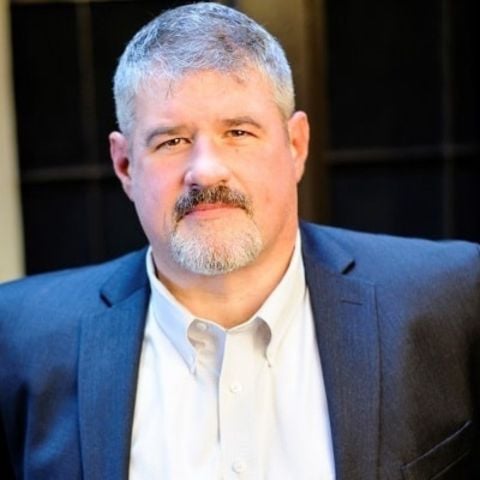- All C-Suite
- CIO
- CISO
- Career & Leadership
- CMO
- CDigitalO
- CDataO
- Interviews
- Future of Work
- Marketing
- AI
- Cybersecurity
- Events
- Digital Transformation
- Innovation
- Cloud Technology
- Emerging Technologies
- Leadership
- Community
- Sustainability
- Data
- Digital Experiences
- Food for Thought
- Talent
- TechGirl
- Diversity & Wellbeing
- CEO
- Infrastructure
- News
- Service Visionaries
- Culture & Productivity

All thought leadership
View the latest thought leadership, discussions and insights
from our global C-suite community
CIO |
CDataO |
CISO |
CDigitalO |
All C-Suite |
Generative AI and the Future of Employee Experience
5 Dec 2023
CIO |
CDataO |
CISO |
CDigitalO |
All C-Suite |
Why the Talent Skills Problem Needs a New Approach
5 Dec 2023
CIO |
CDataO |
CISO |
CDigitalO |
All C-Suite
C-Suite Exchange: ESG Leadership and Governance
28 Oct 2023
Meet the HotTopics
Contributing Editors

Rich Corbridge
Director General (CDIO), Department for Work and Pensions (DWP)
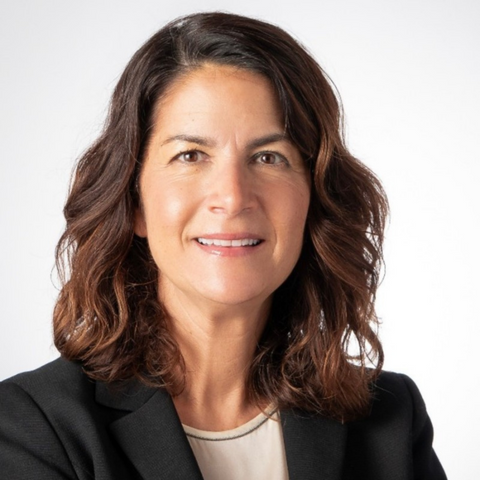
Joanna Pamphilis
CDIO, UniCredit
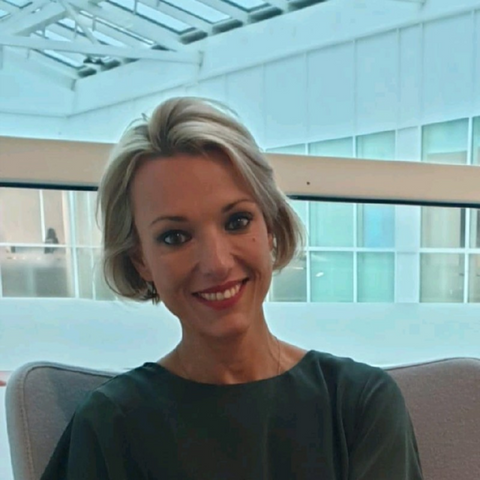
Belinda Finch
CIO, Three
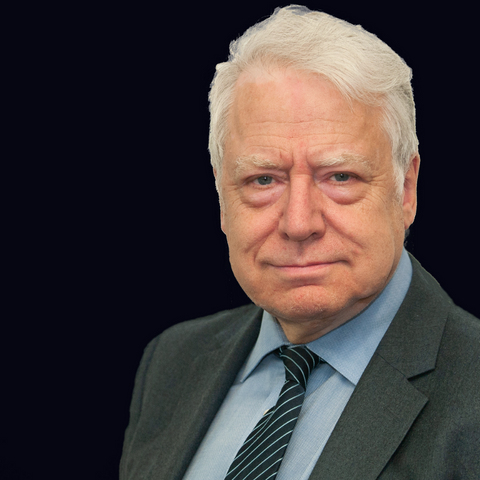
Paul Coby
CIO, Persimmon Homes PLC
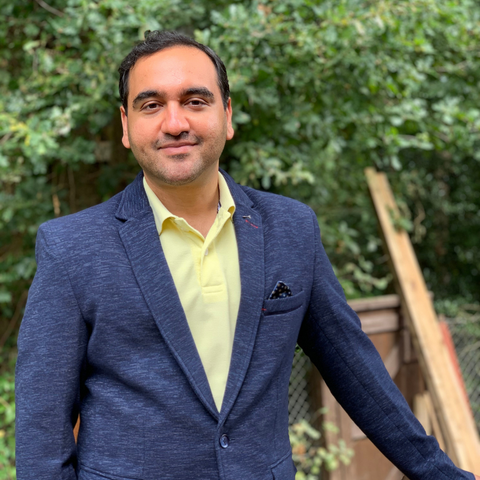
Amitabh Apte
VP, Global CIO, Mars
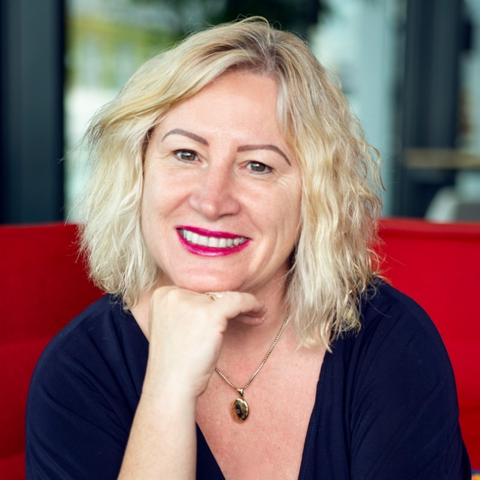
Georgina Owens
CTO, William Hill International
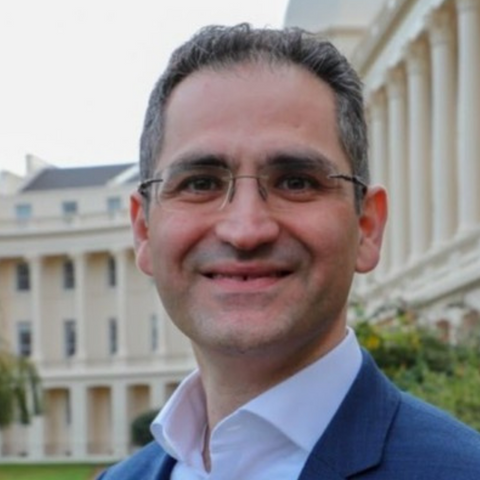
Danny Attias
Chief Digital & Information Officer, London Business School
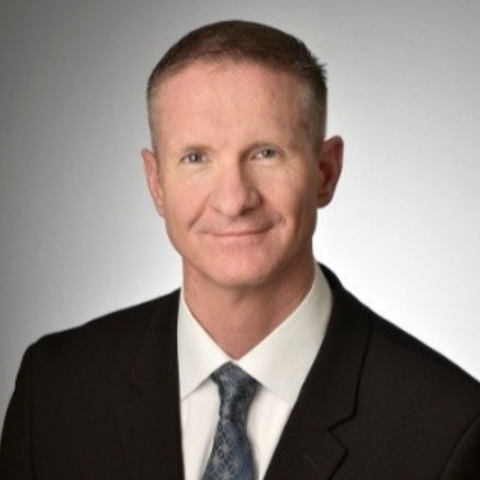
Daniel Bowden
Global CISO, Marsh
.png)
Lee Fulmer
Chairman, Transforming Data Collection Board, Bank of England

Gerard McGovern
Director, Digital, Tony Blair Institute for Global Change
.png)
Ian Cohen
Chief Product & Information Officer, Acacium Group
.png)
Nafy DIAGNE
Chief Digital and Customer Experience Officer, Free au Sénégal

Ash Roots
CDO, University of Exeter ·
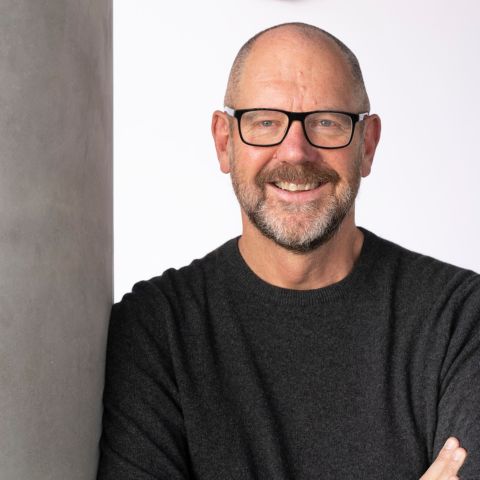
Richard Newsome
CTO, Daemon Solutions

Debbie Ellison
Global Chief Digital Officer, VMLY&R

Laura Dawson
Chief Information Officer, The London School of Economics and Political Science (LSE)
.jpg)
Aidan Hancock
CIO, Johnson Matthey
.jpg)
Sandeep Pandey
Group CTO, FWD Insurance

Jots Sehmbi
Chief Information Officer, University of London City
.jpg)
Sarah Needham
Executive Leadership Advisor & Coach, Unique-U Coaching
.jpg)
David Harding
Director, The Harding Method
.jpg)
Emma Smith
Director of Transformation, University of Bath
